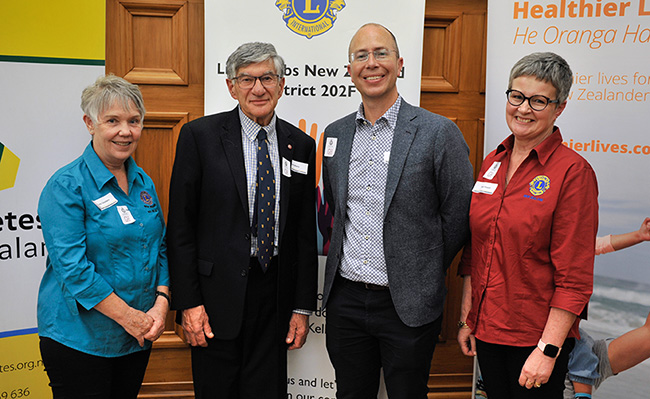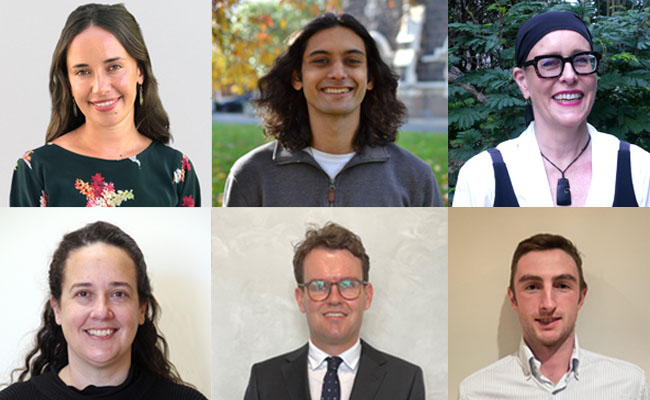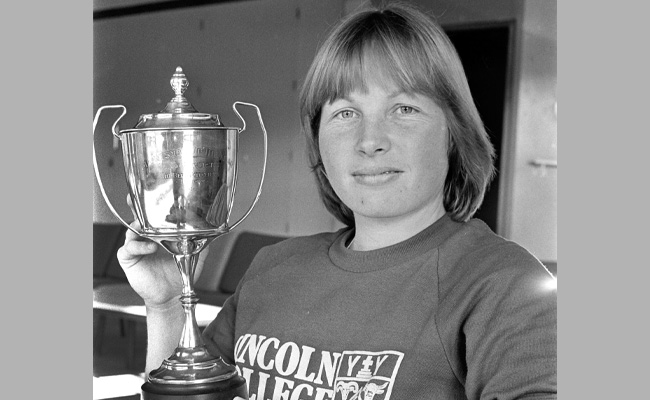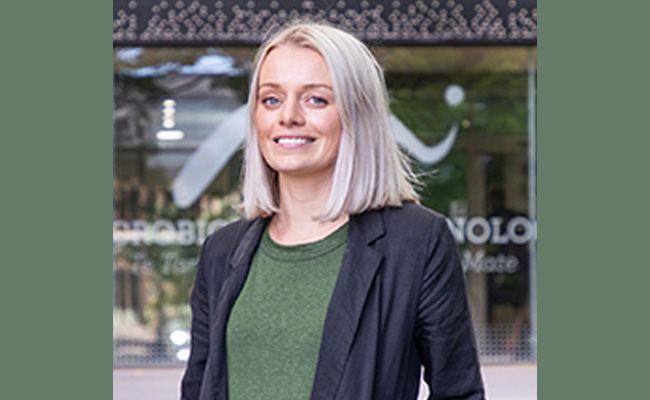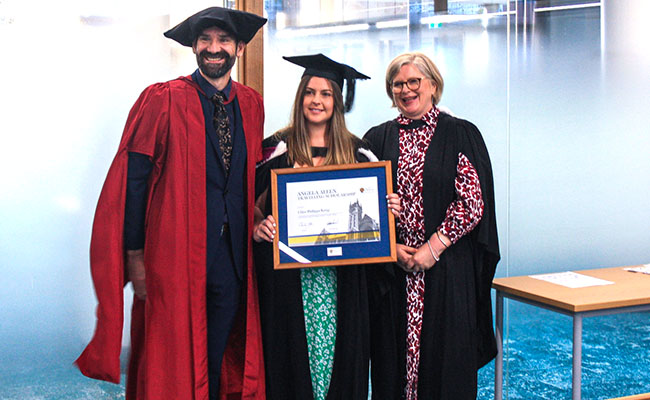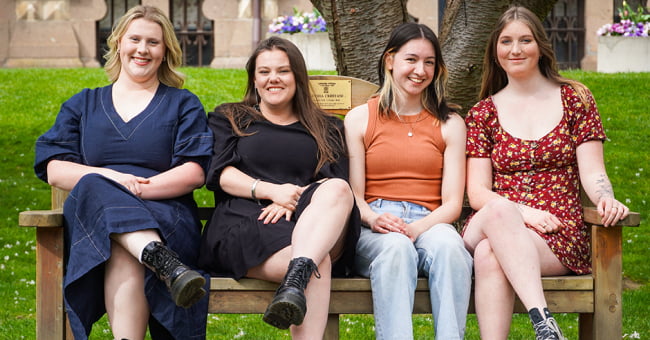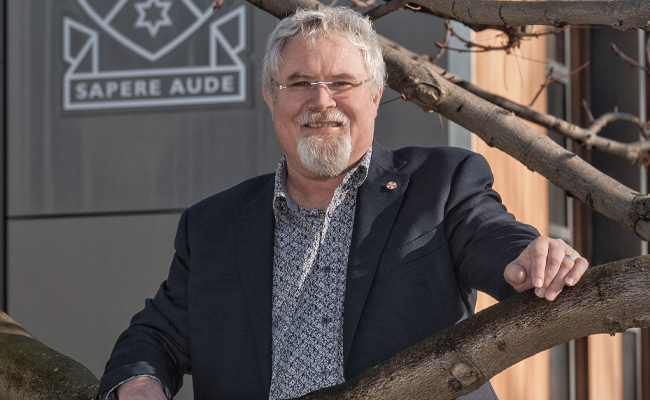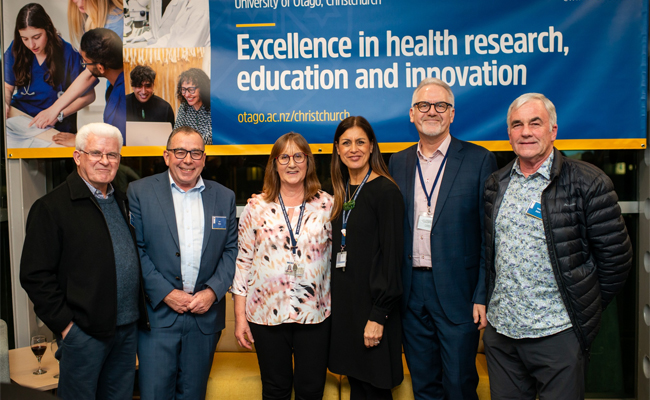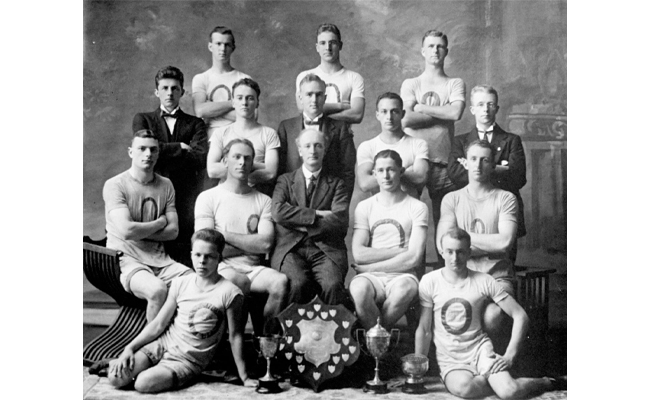In this issue
Thursday 13 July 2023 9:44am
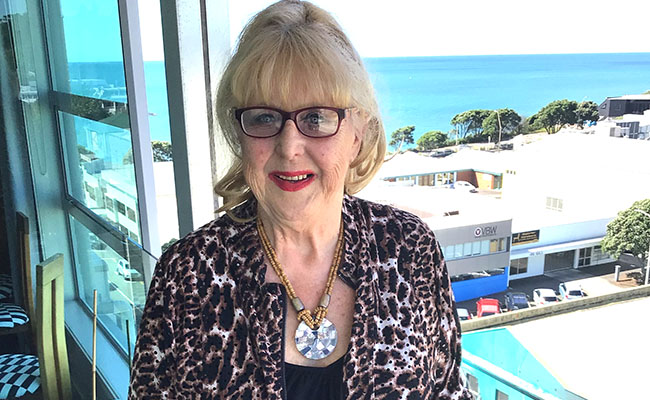
Elaine at her central New Plymouth home
Northern England born Otago Law alumna Elaine Gill, arrived in New Zealand in 1969 to teach high school geography. She began work in Oamaru at Waitaki Girls' High School, before moving to teach the subject at New Plymouth Girls' High School in 1971, while her husband Charles took a role at the local co-ed; Spotswood College.
Soon with two young sons, she began volunteering at the local Women's Centre and found that many of the problems were of a legal nature. However, at the time there was no one to answer them.
Always one to seek solutions, Elaine wrote to all four New Zealand Law Schools existing at the time, requesting to study law extramurally. The University of Otago was the only one to offer her a place. She was allowed to enrol at Otago 'Ad Eundem Statum' or at an equivalent level. “I had absolutely no idea what that meant, but I was allowed to enrol anyway, which meant the world to me,” she says.
This was NZ in the late seventies and she was posted handouts and after some considerable effort was allowed to use the New Plymouth Law Library to pursue her studies.
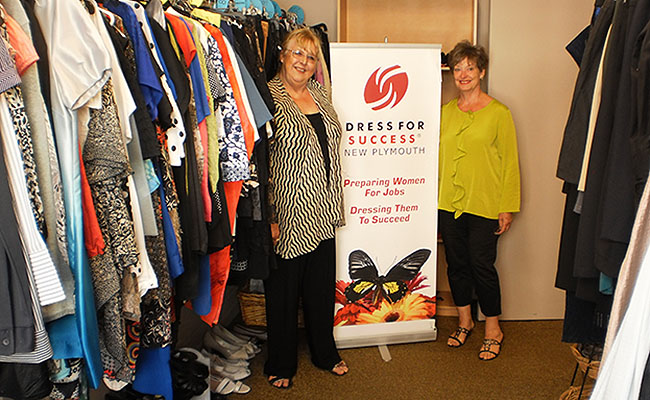
Elaine Gill (left) at Dress for Success
Elaine organised for her young children to be looked after at a local playgroup on Friday afternoons and she would go into the New Plymouth Law Library to study. It was only after three interviews that she was given access to the library, based at the New Plymouth court complex.
“I think that they thought I was a mad woman for applying for access to the library,” she says.
Elaine didn't realise how unusual it was to attempt a legal degree by correspondence (she is one of only two students to have graduated this way at Otago in more than 150 years), until she went to her graduation.
“I got invited to the senior common room, because it had never happened before, where they got a mad woman from New Plymouth who'd completed a law degree by correspondence.”
She found Jurisprudence, or the philosophy of law her toughest exam. “I looked at the paper and thought 'what the heck', and after just over an hour I left, went to the pub and had a very stiff gin and told my mother, 'well I've definitely failed that one'. Much to my surprise I got the best mark for that course in my whole law degree!”
Capping was the only time she met many of the classmates from her graduating Law class of 1981. Elaine says there was "a lot of elbowing and who on earth was that” as she went up on stage.
She says she had mixed support from Otago's law faculty, but adds, “to be fair, I only paid $5 a paper to study law back then, which seems totally remarkable in this day and age, when people's education costs a fortune.”
Already with a master's degree from the United Kingdom, she was credited with seven papers towards her LLB and had to sit 14 more to complete the qualification.
“I was so ignorant I did a fourth-year law paper in my second year, but that was another story.”
Regarding her studies she says, “It certainly was a slog and it taught me to get stuck in and that things are achievable if you work hard.”
Once qualified she decided to seek a legal position in Taranaki and was offered just one interview.
“The interviewer said that's all very well but we've already got one, and I thought one what, but he meant they had a woman in their law firm, as law was totally male dominated in those days.”
While advising on legal issues at the Women's Centre, she was offered a job as a regional planner at the then Taranaki United Council (which merged to form part of Taranaki Regional Council in 1989). Her work included the completion of a major social impact study in the time of the “Think Big” energy projects in Taranaki.
She wrote up a tourism plan in which she recommended setting up a regional tourism organisation. Much to her surprise she was asked if she would like to establish such an organisation “I said no I don't know anything about marketing and they said oh we think you'd be good at it.”
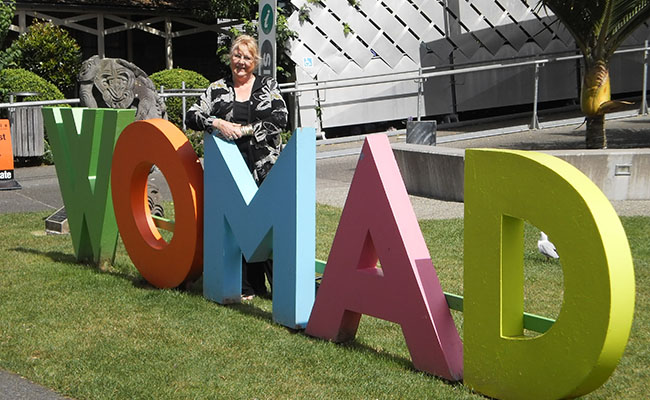
WOMAD
For the next 12 years (1986-98) she headed Tourism Taranaki (the new regional tourism organisation), establishing many initiatives including the highly successful garden festival. She also won three national tourism awards and an international award from the Smithsonian Institution for setting up heritage trails in New Zealand.
“So, the legal training came in as useful in helping to organise mine and other's thoughts, but I never actually practiced as a lawyer. However, I was determined to set up a community law centre in New Plymouth, which had always been stymied by the legal fraternity. It is now a much needed and highly successful organisation.” Elaine helped establish the centre in 2000.
She was appointed to several boards including Taranaki Investment Management and for 16 years was Chairperson of the TSB Bank (1998-2014) and finally at 73 she retired.
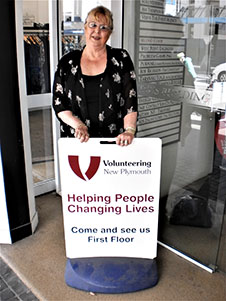
Volunteering New Plymouth/ Te Tuari o Ngāmotu
“I've never had a career, I've had a lurch.”
Following Elaine in the law, her son Daniel is a legal counsel for a major automotive business in Brisbane (he completed his legal studies at the University of Waikato). Her younger son (Steve Gill) went to Otago and completed BSc (Honours) in Neuroscience and went on to study viticulture at Lincoln University and is now a winemaker in Nelson.
Elaine received an ONZM in 1999 for her service to tourism and she got a sesquicentennial medal regional award (Local Hero) for New Zealander of the Year. Her wide array of expertise includes being a councillor on the New Plymouth District Council from 1998-2007, where she held many senior leadership roles.
Elaine still does work and is patron of Volunteering New Plymouth Te Tuari o Ngāmotu and is a patron of several community organisations. She lives with Charles in a central city apartment with views out to the Tasman Sea.
